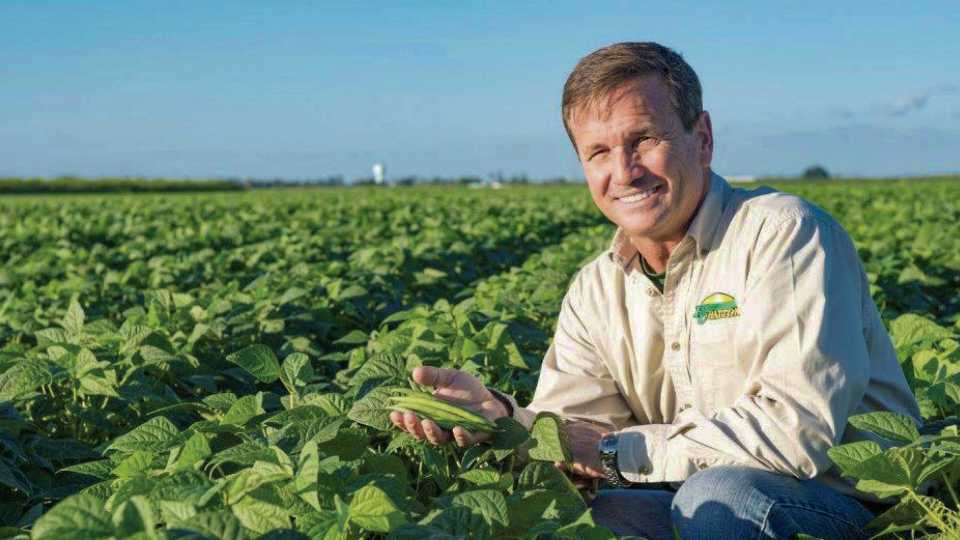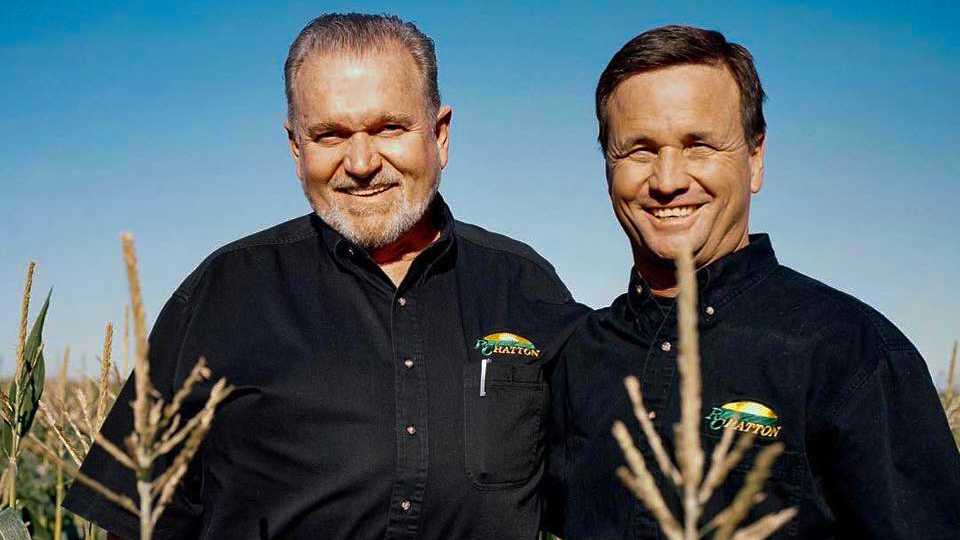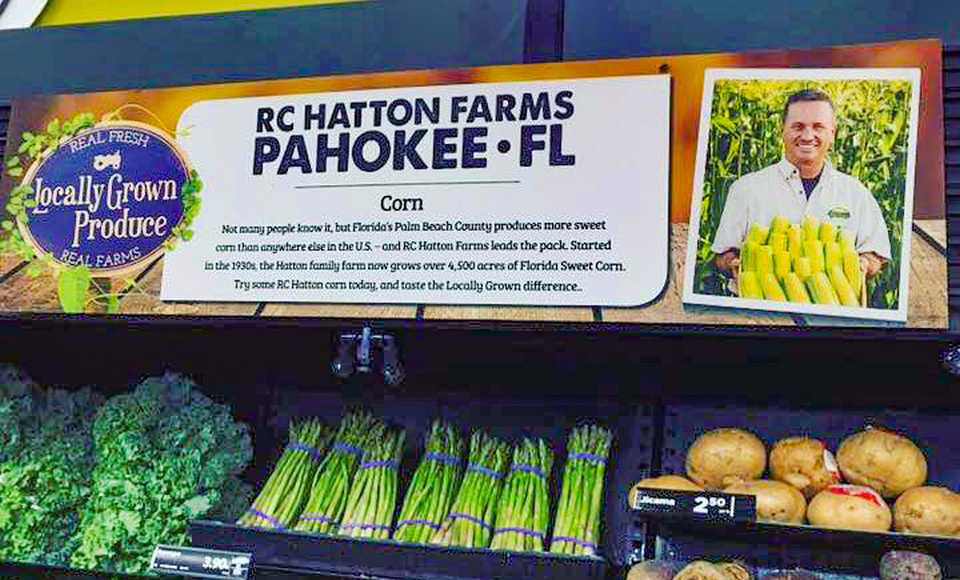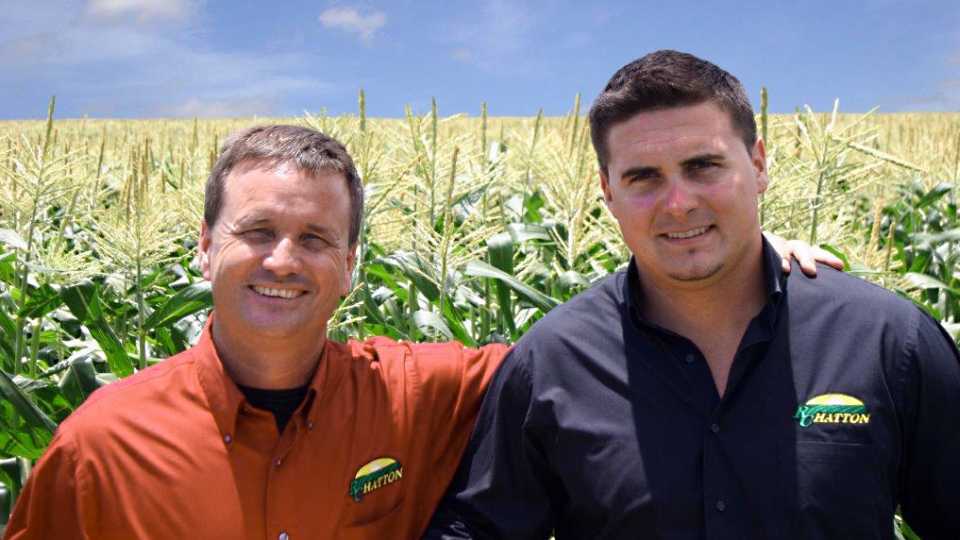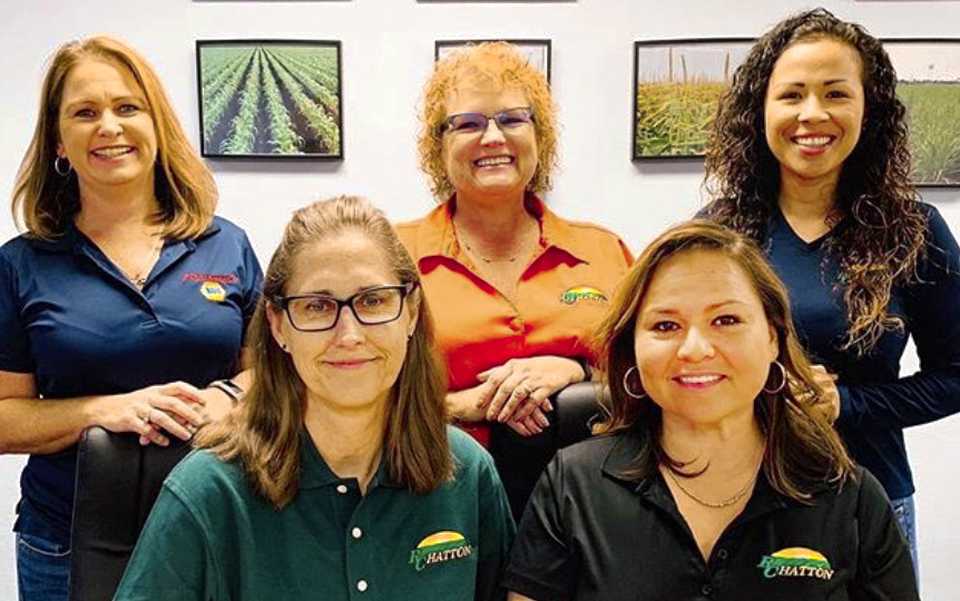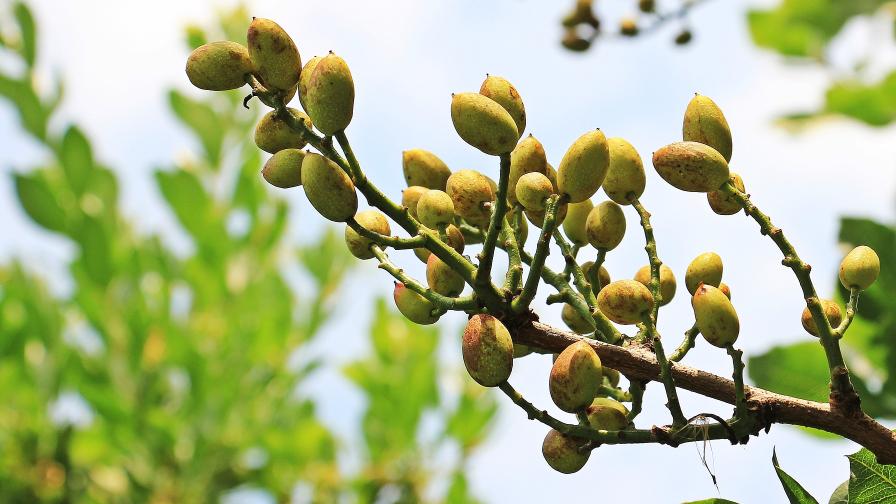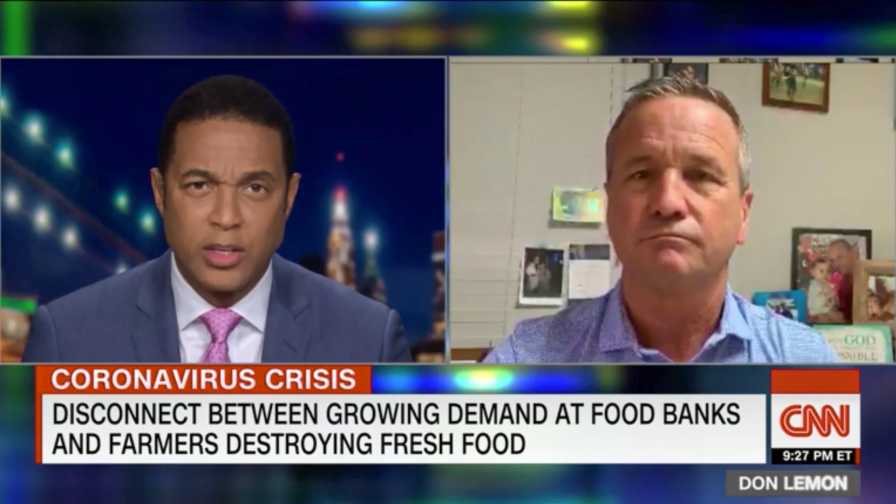Who Is the 2020 Grower Achievement Award Winner?
At the beginning of the pandemic, the evening news began running stories showing farmers dumping enormous amounts of produce. Piles of abandoned zucchini and squash angered viewers, who wondered why growers would destroy crops when so many were hungry. Before those stories hit the air, Paul Allen, co-owner of Florida-based R.C. Hatton Farms, began reaching out to the press.
He realized as soon as his own farm started destroying crops that the American people needed to understand what was happening.
“We were in dire straits, and we had to make our country aware of what was going on,” Allen says. “A lot of people do not understand the dynamics of [growing] vegetables. You plant every day, you cultivate every day, you harvest every day, and you ship every day for it to be consumed every day.”
Within a couple of days of the “how dare they?!” type newscasts, more nuanced stories came, explaining why having the food service sector shut down meant farmers had no place to send the tons of crops needing harvesting.
Allen’s passionate efforts helped transform how the public perceived American growers. His bravery and honesty earned him American Vegetable Grower’s Grower Achievement Award.
AT A GLANCE: R.C. Hatton Farms
Founded: 1948
Owners: Roger Hatton and Paul Allen
Location(s): Florida, Georgia
Crops: Sweet corn, cabbage, green beans, field corn, sugar cane
Size: 12,000 acres
Season: Sweet corn and green beans are year around, cabbage is December through May, sugar cane is October through March
Jumping into the Breach
Allen is a hands-on manager. But when COVID-19 shut down schools and restaurants, he found he had to step back from daily production and become an advocate for the nation’s growers.
Warm states like Florida were knee deep into their harvest season when the epidemic hit. As a result, they became the face of the produce industry.
Allen realized he had an emergency on his hands. Not just for his operation, but for any grower supplying restaurants, schools, and other institutions shut down by the pandemic.
“Paul consistently told the story with transparency and integrity, explaining the painful, bleak situation in which growers found themselves with millions of pounds of crops ready to harvest and no customers,” says Lisa Lochridge, Director of Public Affairs for Florida Fruit & Vegetable Association (FFVA).
The crisis also offered a narrow window to educate consumers. For decades, Americans have lost touch with farming. Few understand how growing operations fit into society. Their concepts are largely caricatures — greedy corporate farms at one end, noble farmers in overalls toiling on small plots at the other.
“Every time I got ready to do an interview, I’d have a word of prayer, pray for my fellow farmers and that I’d convey what I needed to convey,” Allen says.
So he reached out to just about every local news outlet and to national news outlets. His role as Chairman of the Board at FFVA helped, attracting the attention of even international media.
As a result, his phone rang constantly, and his inbox filled up quickly with questions from consumers.
Some extended compassion. Others were angry about destroyed crops.
“There were a lot of tough emails, and I tried to answer every one of them,” Allen says.
Seize the High Ground in Trade
Produce imports increase sharply in winter and early spring, so they compete directly with Florida-grown produce.
Naturally, Allen took the opportunity to discuss how native-grown produce gives the U.S. food security.
“It’s a matter of national security. That’s all there is to it. If we start relying on other countries for our food, that’s not healthy. At all,” he says.
He also spoke directly to consumers and grocery stores about the issue. And he saw results.
“We saw a change in consumption. It felt like the American people were supporting the American farmer and buying American produce because they saw what was happening,” Allen says.
Grocery stores noticed, too.
“The retail industry was becoming aware of what was going on, whether that was Publix or Walmart. They couldn’t keep the shelves full,” he says.
And he saw an enormous turnaround about two months into the pandemic.
“June was unbelievable. The American people stepped up. I’ll believe that until the day I die,” he says.
Keeping the Farm Operating
While Allen was working so hard to find new sales outlets, chasing government funding, speaking to the media, and answering consumer emails, he had to rely on his team to help keep the operation running as he stood up for the vegetable industry.
“I wasn’t doing my job a lot. My team had to cover for me,” he says.
And there was a lot to cover. Shifts in shipping, keeping employees safe, and the increased volume in consumer emails and calls all needed attention.
R.C. Hatton began taking everyone’s temperature as they arrived in the morning. Everyone kept at least 6-feet apart from one another during daily meetings with operators. If anyone gets in a vehicle with others, they must wear masks.
As for the increased emails and phone calls…
“We had to bring in an extra person to help,” Allen says.
The Power of Working Together
Allen spoke with fellow growers throughout all the media blitz. They encouraged him to keep up his public efforts, even though he was uncomfortable in the spotlight. And others stepped up to speak to the media, as well.
That unity of purpose, that solidarity, is not an accident, Allen says.
“We stand together. We fight together. Work for one another, we are our brother’s keeper, so to speak. That’s the way farmers are,” he says.
Paul Allen Speaks to National Media
A segment on CNN demonstrated the change in tone about why growers were destroying crops just when food banks were getting mile-long lines. Instead of being accusatory, the news story, led by anchor Don Lemon, delved into why it happened through an interview with Paul Allen.
Allen laid out the challenge for consumers: “It’s planted every day, and it’s harvested every day. And it’s meant to be consumed every day,” he said.
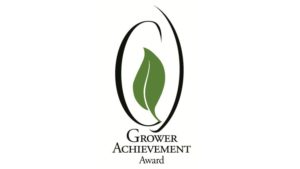 What is the Grower Achievement Award?
What is the Grower Achievement Award?
Each year, American Vegetable Grower seeks out a single operation to bestow its prestigious Grower Achievement Award. This year, the selection committee reviewed more than 50 nominations, narrowing the field until it identified one that best epitomizes innovation, leadership, stewardship, and a willingness to help other growers.





